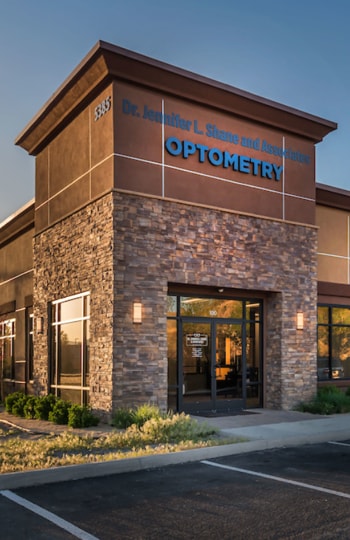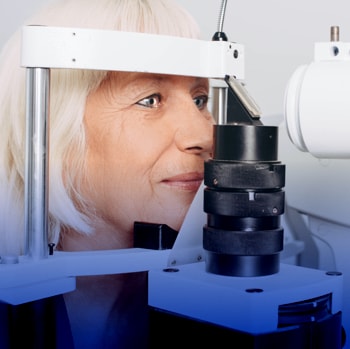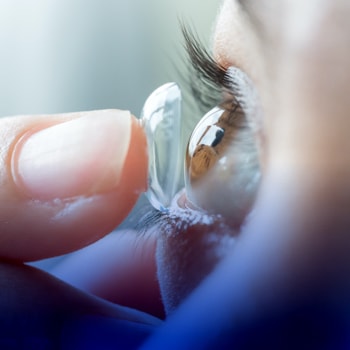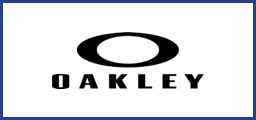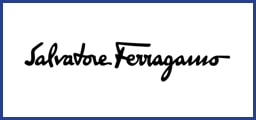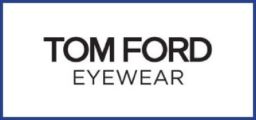Cataract Prevention
There is no surefire way to prevent cataracts. Still, you can help lower your risk of developing them by making some lifestyle changes, like quitting smoking, wearing sunglasses while outdoors, or reducing your alcohol intake. You should also control and manage any health problems you may have, like diabetes, as some diseases can increase your chance of developing cataracts.
A healthy diet rich in Vitamin E and carotenoids, like lutein and zeaxanthin, can help prevent cataracts and AMD. Including a range of antioxidants in your diet has shown to decrease the risk of cataracts or slow their progression.
Tests Used to Detect for Cataracts
Cataract testing is done as part of the eye exam process. These tests include:
- A Visual Acuity Test:
- A Slit-lamp Exam:
- A Retinal Exam:
The optometrist checks your vision with an eye chart. Your eyes are tested one at a time, with you reading the letters or numbers shown to you.
A tiny slit of light is used to illuminate the structures of your eye. The optometrist can examine the lens for signs of cataracts.
In this exam, your eyes are dilated using drops, and images are taken using a high-level camera. The drops enlarge your pupils, which allows more light through making it easier to examine your lens. Your pupils will naturally constrict over a few hours.
